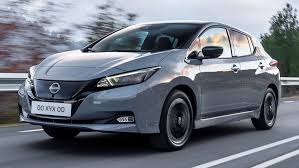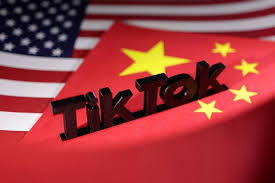Nissan Motor announced on Sunday that it will market electric cars (EVs) made in China throughout the world. The company recently signed an agreement with the top university in the nation to use local resources to expedite electrification research and development.
Masashi Matsuyama, vice president of Nissan Motor and president of Nissan China, told reporters in Beijing that the Japanese automaker is thinking of exporting its current lineup of internal combustion engine vehicles as well as upcoming pure electric and plug-in hybrid cars made and developed in China to foreign markets.
He stated that Nissan is contemplating targeting the same markets as Chinese competitors like BYD.
Along with other international brands like Tesla, BMW, and Ford, the business is increasing the number of cars it exports built in China to take advantage of the nation’s cheaper manufacturing costs and boost factory capacity utilization.
With 2.8 million cars sold globally in the first ten months of this year, China represented slightly more than a fifth of Nissan’s total sales, a decrease from over a third during the same period last year.
Due to the strength of local brands and fierce pricing rivalry amid a swift transition to electric vehicles, Japanese automakers have encountered significant sales challenges in China, the largest car market in the world, this year.
Nissan stated that it will open a collaborative research center with Tsinghua University, one of the top universities in China, next year with an emphasis on EV research and development, including battery recycling and charging infrastructure.
Makoto Uchida, president and chief executive of Nissan, said in a statement, “We hope that this collaboration will help us gain a deeper understanding of the Chinese market and develop strategies that better meet the needs of customers in China.”
The establishment of the research center is a continuation of the company’s collaborative research efforts on intelligent mobility and autonomous driving technologies with Tsinghua, which began in 2016.


















